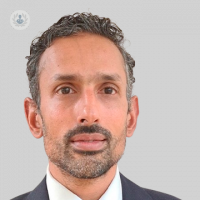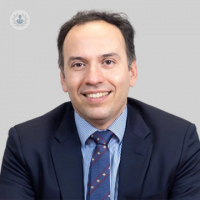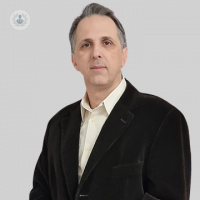In order to diagnose cardiac conditions, a cardiologist may check a patient’s blood pressure or weight, and utilise tests such as an
ECG (echocardiogram), exercise test, x-rays, or blood tests.
Cardiologists often work as consultants to other doctors.
They are not surgeons, and, as such, do not carry out operations (these are handled by
cardio-thoracic surgeons, who work closely with the cardiologist).
What conditions does a cardiologist treat?
Cardiologists specialise in diagnosing and treating various types of
heart disease and other conditions affecting the heart and its connecting blood vessels. Some of the conditions a cardiologist typically treats include:
Which subspecialties are included under cardiology?
The current trend in cardiology is moving towards a
team-based approach, with each cardiologist having a
subspecialty, rather than one general cardiologist for all aspects of the field. Sub-specialty interests include:
- Interventional cardiology
- Cardiac imaging
- Heart failure, including heart transplants and support devices
- Congenital heart disease in adults
- Electrophysiology
- Electrical device therapy
- Stroke medicine
- Cardio-oncology
When should you see a cardiologist?
You may be referred to a cardiologist by your GP if they suspect you have a heart condition. You should always consult a doctor if you are experiencing symptoms such as
chest pain,
shortness of breath, or
dizziness.
Heart murmurs may also warrant the attention of a cardiologist.
A cardiologist will be involved in your treatment if you suffer a
heart attack or
heart failure. With any serious heart issue, or treatments such as cardiac catheterisation or heart surgery, the skills and expertise of a cardiologist is required.














